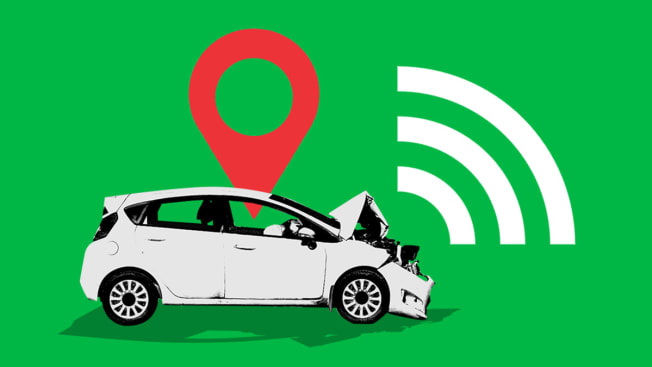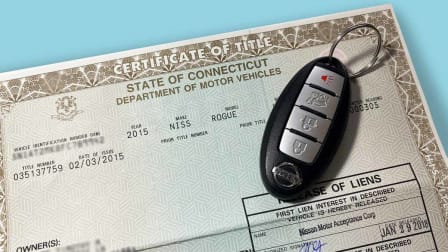Building a Better World, Together

Join with us to make a safer, fairer, healthier marketplace.
Requiring Crash Alerts
Automatic crash notification (ACN) is a technology built into most new cars that calls for help in an emergency and provides responders with the vehicle’s precise location.
This lifesaving system is mandatory in all new cars sold in most European countries, but it’s not yet required in the U.S. And a recent CR analysis found that most automakers still require a subscription fee—sometimes of more than $100 a year—to keep automatic crash notification active in the U.S., and they’ll disable it if the fee isn’t paid.
In addition, this technology is often bundled with expensive convenience features such as remote start, mobile WiFi hot spots, and concierge services, putting it out of reach for consumers on a tight budget.
Consumer Reports has long encouraged automakers to make automatic crash notification technology available to all drivers without a paid subscription. “It should come standard, and remain active and free, regardless of what happens with subscriptions for other connected services,” says William Wallace, CR’s associate director of safety policy. “It’s one thing for automakers to charge extra for conveniences, but this is about safety, and safety shouldn’t be optional.”
700+
Estimated number of lives that automatic crash notification could save each year.
Hyundai, which recently announced it will include automatic crash notification free starting with its 2024 models, said CR’s advocacy played a role in its decision. And we’ve launched a campaign to persuade all automakers to follow suit. You can help by signing our petition.
See a list of vehicles that offer automatic crash notification.
Winning the Right to Repair
What’s at stake: We all know that fixing a broken cell phone or home appliance can be costly. But did you know that many companies want it that way?
Manufacturers may intentionally make it hard or even impossible for consumers and independent repair shops to access the parts, tools, and documentation (such as schematics) needed to fix their products. So many of us turn to expensive “authorized” shops. Or we just give up and buy a new device (and toss the old one).
What CR is doing about it: CR has long been a leader of the right-to-repair movement, which opposes these practices. Among other efforts, we developed the legislation model on which at least 25 state and federal right-to-repair bills have been based. Two of them recently become landmark laws.
The first, signed late last year in New York, requires manufacturers of electronics sold or used in the state to make all parts, tools, and repair instructions available to consumers and independent shops. Consumer advocates cheered but noted that several important categories, including home appliances, agricultural equipment, medical devices, and cars, were excluded. Then, in May, Minnesota passed an even more robust law, which added home appliances, business computers, and other electronics to the covered categories.
Meanwhile, more right-to-repair bills are making progress in California, Oregon, and Vermont.
What you can do: Sign CR’s petition urging local and federal officials to pass more robust right-to-repair laws.
Action Update
The Consumer Financial Protection Bureau was launched in 2011 to make financial markets more fair and to protect consumers from scams and discrimination. To date, it has returned some $16 billion to Americans harmed by such practices. But a new bill puts that vital mission at risk: It would kill the agency’s stable funding source and make its work reliant on an annual vote in Congress. So CR recently sent more than 16,000 consumer emails to U.S. House members urging them to oppose the bill. You can add your voice.
Editor’s Note: This article also appeared in the August 2023 issue of Consumer Reports magazine.




